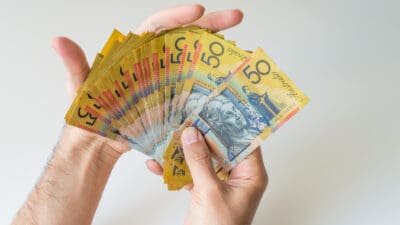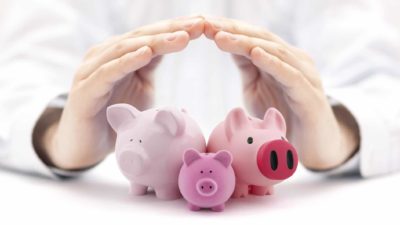So ASX shares and the S&P/ASX 200 Index (ASX: XJO) aren't in a market crash. At least not yet.
If we want to get technical, a 'market crash' is defined by a (usually rapid) 20% or greater drop from an index's most recent all-time high. The ASX 200 happened to peak at just over 7,600 points back in August last year.
As of yesterday's close, the ASX 200 was at a far-lower 6,730 points. Now that is a painful 11.4% drop or so. This puts it in 'correction' territory. But not quite a crash. Things would have to get a lot uglier for that to happen.
And they well could. While we Aussie investors have so far dodged a 2022 crash, the Americans haven't been so lucky. As it currently stands, the flagship US index – the S&P 500 Index (SP: .INX) – is currently a nasty 22.5% or so off its last all-time high.
So the US markets are indeed in crash territory. It's always possible that our markets follow suit sooner or later (I'm not a harbinger of doom – it's also equally possible that they don't).
Most investors fear the dreaded words 'market crash'. It is understandable to be afraid. Very Afraid.
It's never fun seeing you're net worth fall. It can be soul-destroying when your carefully selected investments seemingly spit in your face by plunging in value. That's especially so if you've retired or plan to soon.
Look to Warren Buffett
But a market crash can be a time of great opportunity, and nothing for investors to fear.
The legendary investor Warren Buffett, chair and CEO of Berkshire Hathaway (NYSE: BRK.A) (NYSE: BRK.B), puts it this way:
'Price is what you pay; value is what you get'. Whether we're talking about socks or stocks, I like buying quality merchandise when it is marked down.
Another great Buffett quote explaining this rationale is this:
We are going to be buyers of things over time. And if you're going to be buyers of groceries over time, you like grocery prices to go down. If you're going to be buying cars over time, you like car prices to go down.
We buy businesses. We buy pieces of businesses: stocks. And we're going to be much better off if we can buy those things at an attractive price than if we can't.
The markets, both the American and Australian, have never failed, in all their histories, to recover from a crash to attain a new all-time high. Both markets were at an all-time high just last year.
Nothing in life or investing is ever guaranteed, of course. But if I were a betting man, I wouldn't put my money in 2022 being an exception to this rule.
Market crashes are nothing to be feared
As AMP economist Shane Oliver recently put it in a Livewire article:
Bouts of volatility are the price we pay for the higher longer-term returns from shares compared to other assets like cash and bonds… So, if we want to grow our wealth, we need exposure to growth assets like shares to make the most of the power of compound interest, but with that comes rough patches every so often…
The key is to look for opportunities pullbacks provide. It's impossible to time the bottom, but one way to do it is to "average in" over time.
Just look at the National Australia Bank Ltd (ASX: NAB) share price. It got down to just above $13 a share during the COVID market crash of 2020. Yesterday, it closed at $31.89.
That was an opportunity well worth jumping on. The share market is littered with similar cases of quality companies getting thrown out with the bathwater of a market crash. Only to make the bravest investors far richer once the dust settled.
As you can see, a market crash is nothing to be feared for the savvy investor.









